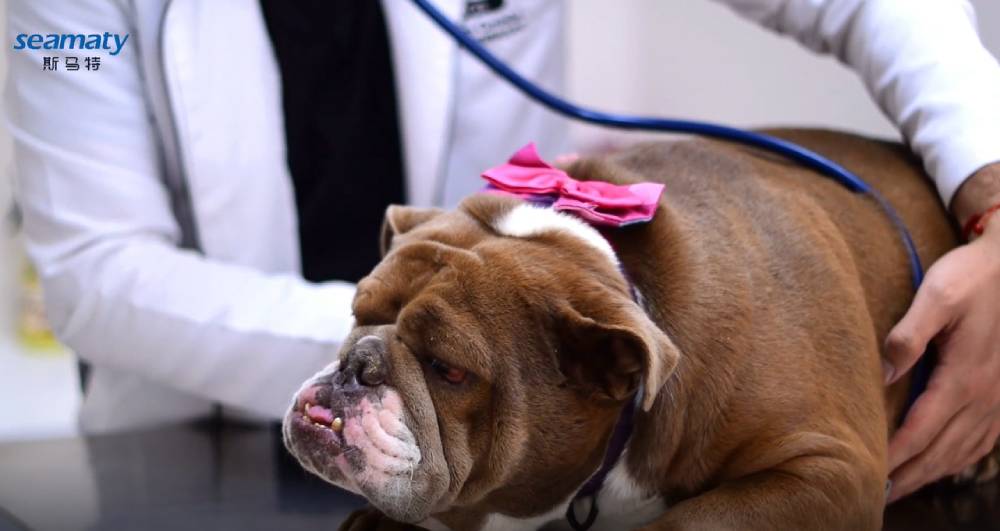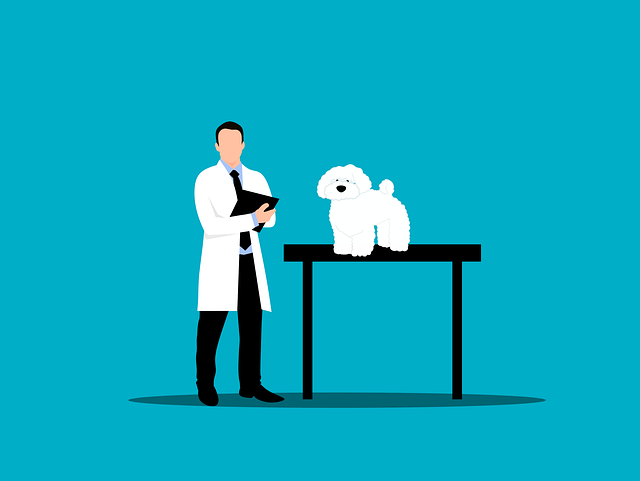release time:2021-11-17 11:00:36
If your dog is six months old or older when you start using heartworm preventative medication, you need to check for heartworms before you start using it. This is because it can be life-threatening if a dog is accidentally infected and then given a heartworm preventive. Even if your dog has been on heartworm preventative medication. It needs to be tested for heartworm once a year just in case.

If a lesion is found on the x-ray that requires other imaging tests to confirm the diagnosis, or if the x-ray does not show a problem. However, if the condition does not improve, ultrasound, CT, MRI, etc. can be done more recently.

2022-02-18
This article includes the following 3 aspects.What does the biochemical examination include? How to establish the change table of the cat's physical examination values? Selection of biochemical tests

2021-12-29
Biochemistry analyzers serve as the core equipment for laboratory testing because of the critical data they can provide. Laboratory analysts help quickly assess emergency cases, identify potential risks prior to surgery and anesthesia, and perform health tests to establish baseline data and measure changes.

2021-10-12
The biochemical analyzer is a very important piece of medical equipment for medical laboratories. It can test a variety of items quickly and accurately. These include liver function, kidney function, blood glucose, lipid analysis and other biochemical tests.